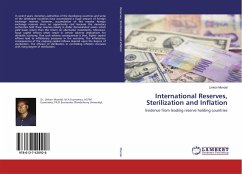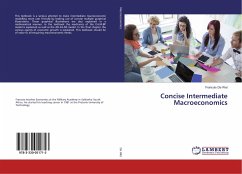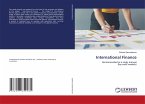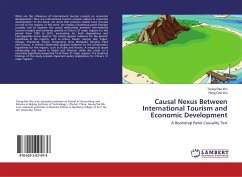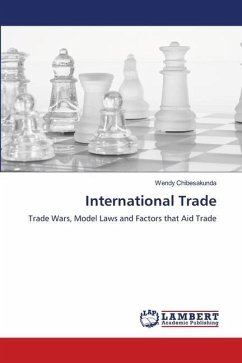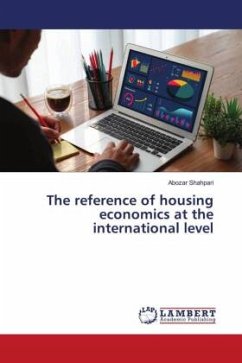In recent years, monetary authorities of the developing countries and some of the developed countries have accumulated a huge amount of foreign exchange reserves. However, accumulation of this massive foreign exchange reserves incur an opportunity cost because the monetary authorities hold these reserves mostly in dollar denominated assets which yield lesser return than the return on alternative investments. Moreover, huge capital inflows often result in certain adverse implications for domestic economy. One such adverse consequences is that, higher capital inflows lead to inflationary pressures in the economy. The inflationary consequences of the ongoing capital inflows depend upon the degree of sterilization. The efficacy of sterilization in controlling inflation increases with rising degree of sterilization.
Bitte wählen Sie Ihr Anliegen aus.
Rechnungen
Retourenschein anfordern
Bestellstatus
Storno

